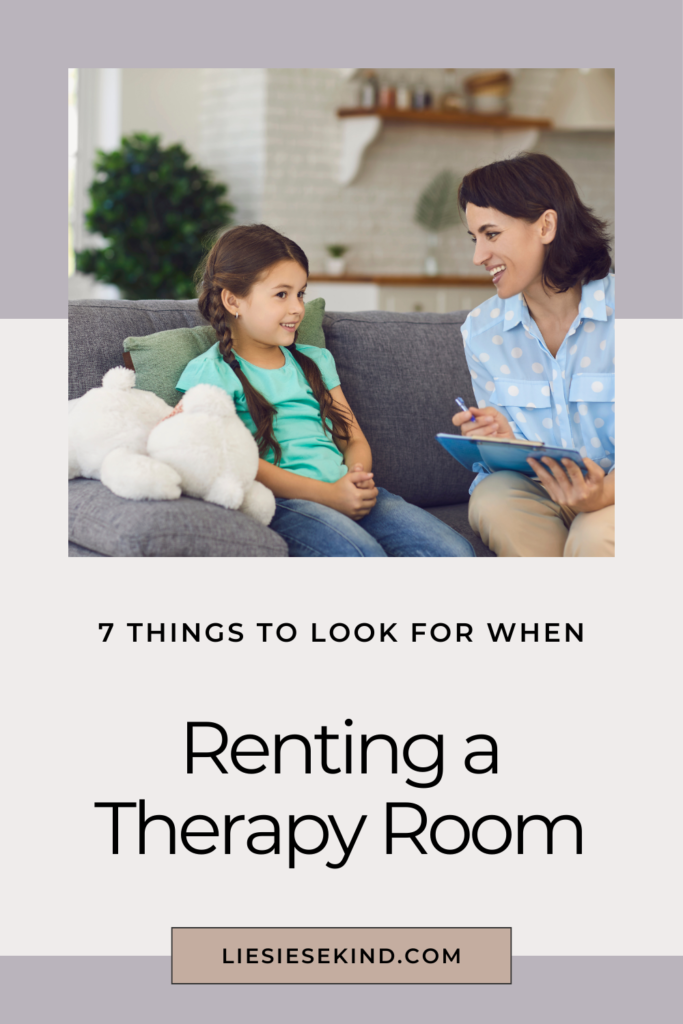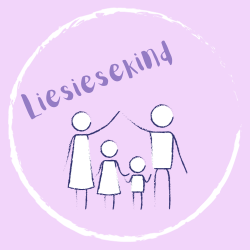Choosing the right therapy room is one of the most important decisions you’ll make as a practitioner. The space you work in sets the tone for your sessions, influences how comfortable your clients feel, and impacts your professional reputation. But with so many options out there, how do you decide which one is right for you? Here’s a guide to help you navigate the key factors to consider when renting a therapy room.
7 Things to Look For When Renting A Therapy Room
1. Location – Make It Convenient for Your Clients
Where your therapy room is located can make or break your business. Think about your clients’ convenience. Is the room easy to get to by public transport? If many of your clients drive, is there parking nearby? You’ll also want to consider the area itself. Does it feel safe and welcoming?
Clients need to feel at ease the moment they arrive. Additionally, the surrounding environment matters. A therapy room in a noisy, chaotic area might not give off the calm vibe you’re aiming for, so try to prioritise locations with quieter surroundings. This is why therapy rooms to rent in London are a good choice; they’re easy to get to for most people!

2. Privacy – Ensuring Confidentiality Is Key
Your clients need to feel secure that their conversations won’t be overheard. Check the soundproofing of the room. Thin walls or a noisy neighbouring office could compromise the confidentiality you’re legally and ethically bound to maintain. Also, think about how private the entrance and waiting area are.
Sharing a space with other practitioners? Make sure clients won’t feel awkward bumping into people they know while waiting for their appointment. Privacy isn’t just about sound; it’s about creating a space where clients feel completely safe.
3. Ambiance – Setting the Right Mood
First impressions matter. When clients step into your therapy room, it should feel calming, comfortable, and professional. Consider the décor: are the colours soothing, and is the furniture comfortable without being too casual? Harsh lighting can be off-putting, so look for a space with adjustable lighting or natural light where possible. The overall atmosphere should promote relaxation, helping clients feel at ease even before you begin your session.
4. Accessibility – Catering to Everyone
Not all clients have the same physical abilities, so accessibility is a major factor. Is the therapy room wheelchair accessible? Are there lifts if the room is upstairs? Even simple details, like ensuring there’s a wide doorway or accessible toilets, can make a big difference. Thinking about accessibility not only expands your potential client base but also reflects your commitment to inclusivity.

5. Cost – Balancing Budget and Value
Therapy room rental costs can vary widely, so it’s important to find a space that fits within your budget while still meeting your needs. Cheaper doesn’t always mean better. A poorly maintained room in a bad location could harm your practice more than it saves you in rent.
On the other hand, an expensive space isn’t always justified unless it brings clear benefits like a prime location or added facilities. Think carefully about what’s included in the cost. Does the rental cover utilities, cleaning, or Wi-Fi? Hidden costs can add up quickly, so make sure everything is clear before signing any agreements.
6. Facilities – What’s Provided and What’s Missing?
Having the right facilities can make your work easier and more professional. Here are a few questions to ask:
- Furniture – Does the room come with comfortable chairs, a table, or a couch if needed?
- Technology – Is there reliable Wi-Fi or a place to plug in your laptop for online sessions?
- Temperature Control – Can you adjust the heating or cooling to ensure the room is comfortable year-round?
- Toilets – Are there accessible facilities nearby for both you and your clients?
If any key facilities are missing, consider whether it’s worth the hassle of bringing your own or whether another space might better suit your needs.
7. Flexibility – Does the Room Fit Your Schedule?
Not all therapists need a room full-time. If you only see clients on certain days, look for spaces that offer flexible booking options. Some therapy rooms are available by the hour, half-day, or on a weekly basis. This can be a cost-effective option if you’re just starting out or working part-time.
Make sure the booking system is straightforward and that you won’t have issues securing the time slots you need. Flexibility in terms of your contract is also worth considering—long-term commitments can be risky, especially if you’re new to private practice.

Ready to Find the Perfect Space?
Renting a therapy room isn’t just about ticking boxes; it’s about creating an environment where both you and your clients feel comfortable and supported. By keeping these seven factors in mind, you’ll be well on your way to finding a space that suits your needs and helps your practice thrive. Whether you’re just starting out or looking to upgrade, the right therapy room can make a big difference in the way you work.





Be the first to reply